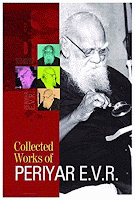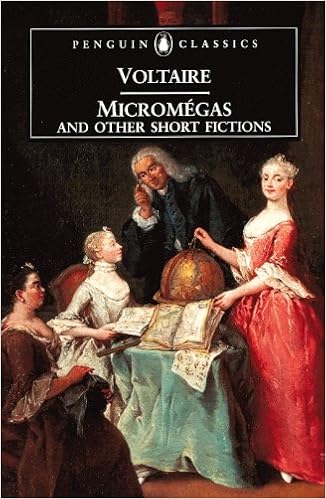The Stranger is a novel by Albert Camus is considered to be one of the finest literary works of 20th century. A few days after Meursault, the hero of The Stranger, attends the funeral of his mother, he kills an Arab. In his trial the fact that he didn’t show emotions during the funeral is used to evaluate his morality. Meursault received the news of his mother’s death through a telegram. He
applies for two days leave in his office and starts for the Home for Aged Person
at Marengo to attend the vigil. There he is told that it has been his mother’s
wish to be buried with the rites of the church. This strikes him as bit odd,
because as he knew it, his mother never gave religion much thought. His mother’s body is kept in mortuary where
he presently enters. The lid is placed on the coffin, but the keeper asks if
Meursault wants him to unscrew the lid so that he could see his mother.
Meursault tells him that won’t be necessary and that he can directly proceed. Due
to the long journey Meursault feels exhausted. His legs are cramped and he is
extremely drowsy. The keeper offers him a mug of cafe au lait. The coffee refreshes him. He offers the keeper
cigarette and lights one himself. The oppressive heat bothers him. He leaves immediately
after the funeral is over.
Next morning Meursault decides to go for a swim. In the pool
he meets Marie Cardona, a typist from his office. They go to a movie. After
that they spend the night in Meursault’s place. From this time onward Marie
and Meursault become steady. Meanwhile, his Raymond invites Meursault to his
room one day and tells him about his trouble with an Arab girl. Raymond asks
for his help to write a letter to this girl. Meursault writes the letter. He
also agrees to stand as a witness in favour of Raymond. Later in his own trial,
all these will be used against Meursault. Raymond thinks he is being followed
by some Arab men. Meursault, Marie and Raymond are invited by Masson, Ramond’s
friend to spend the day in his bungalow near beach. The Arab men are still on
their track. One of them attacks Raymond with a knife. Soon afterwards
Meursault shoots one of the Arabs with Raymond’s revolver – a crime for which
he will be tried and possibly executed, though the later isn’t included in this
first person narrative.
About The Stranger by Albert Camus, much has been already
said. Some believe that behind the novel’s apparent simplicity, there is an
important philosophical message. Some assigns The Stranger to contemporary
existentialist philosophy. However, Camus himself denied it. He said,
I summarized The Stranger a long time ago, with a remark I admit was highly paradoxical: 'In our society any man who does not weep at his mother's funeral runs the risk of being sentenced to death.' I only meant that the hero of my book is condemned because he does not play the game.
However, he has been criticised for underplaying its
philosophical values. Efforts have been made to relate The Stranger with
absurdism – Camus’s own philosophy. The Arab whom Meursault kills, is never
named, either because it’s a minor character, or, in order to show how
absolutely pointless the incident is. The emphasis lies in the portion of the
plot where Meursault’s trial takes place. The prosecutor summons witnesses to
prove that a man who doesn’t show any emotion whatsoever in his mother’s
funeral, is morally degenerate and even inhuman. It was as if it is not Meursault but his ‘absurdist’
attitude towards society that is being punished. The Stranger by Albert Camus, in my view, is a
sardonic response to the society’s stubborn denial of death as well as the
absurd.
 |
 |
 |


No comments:
Post a Comment